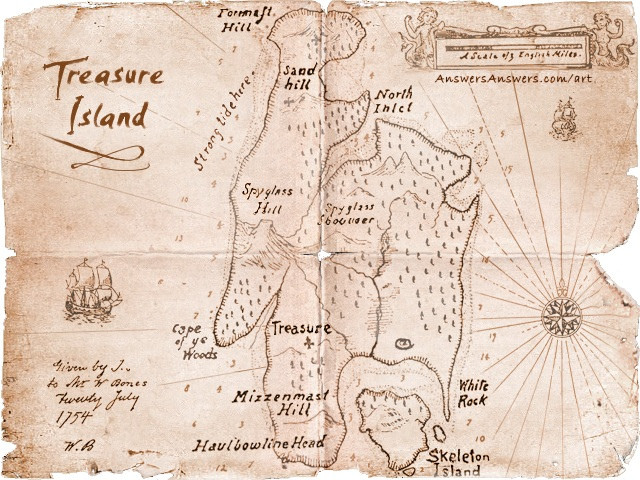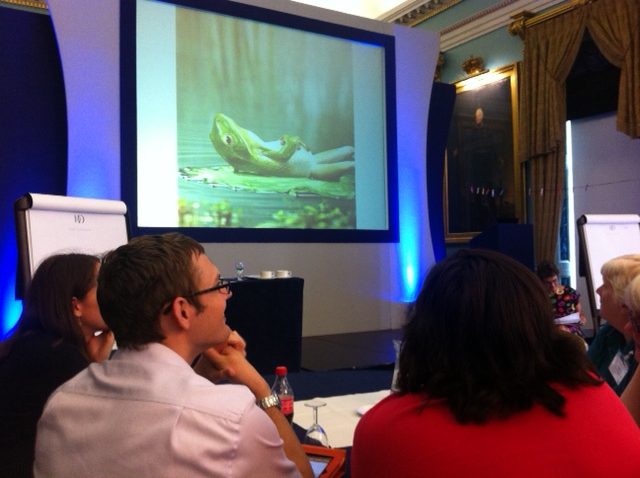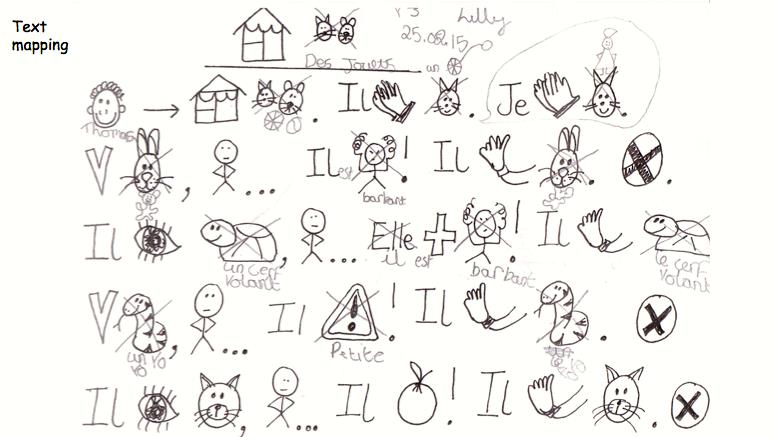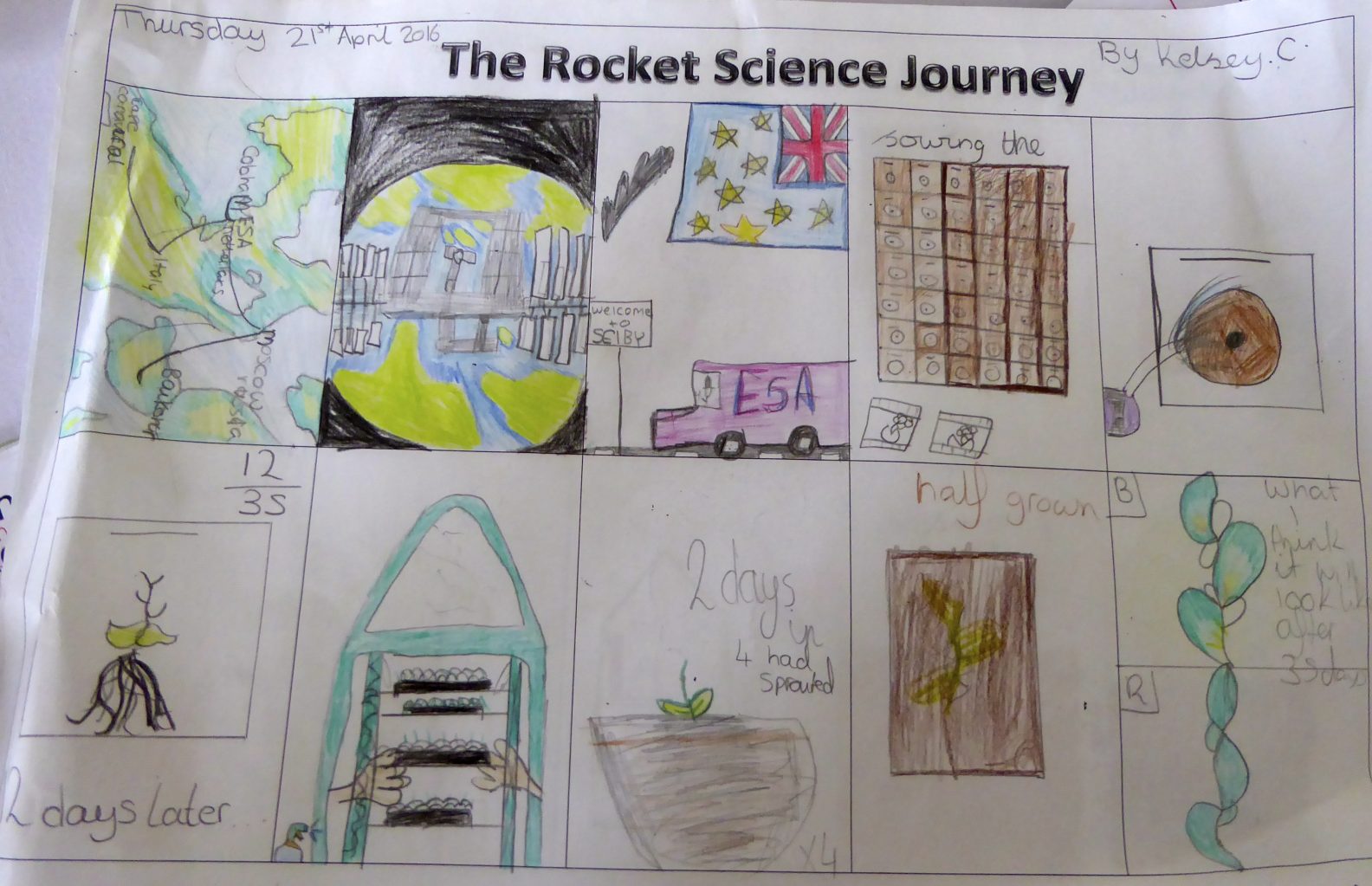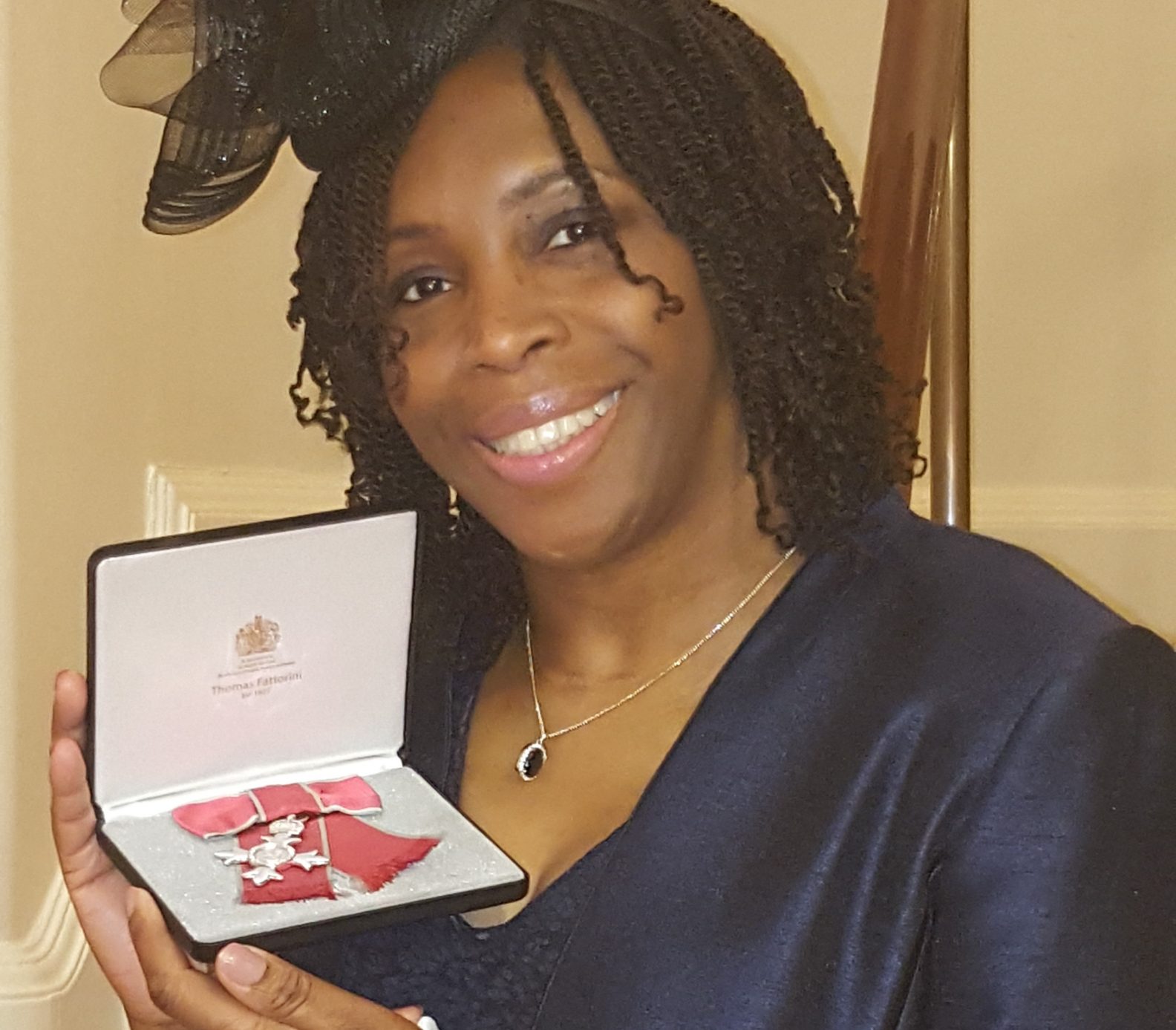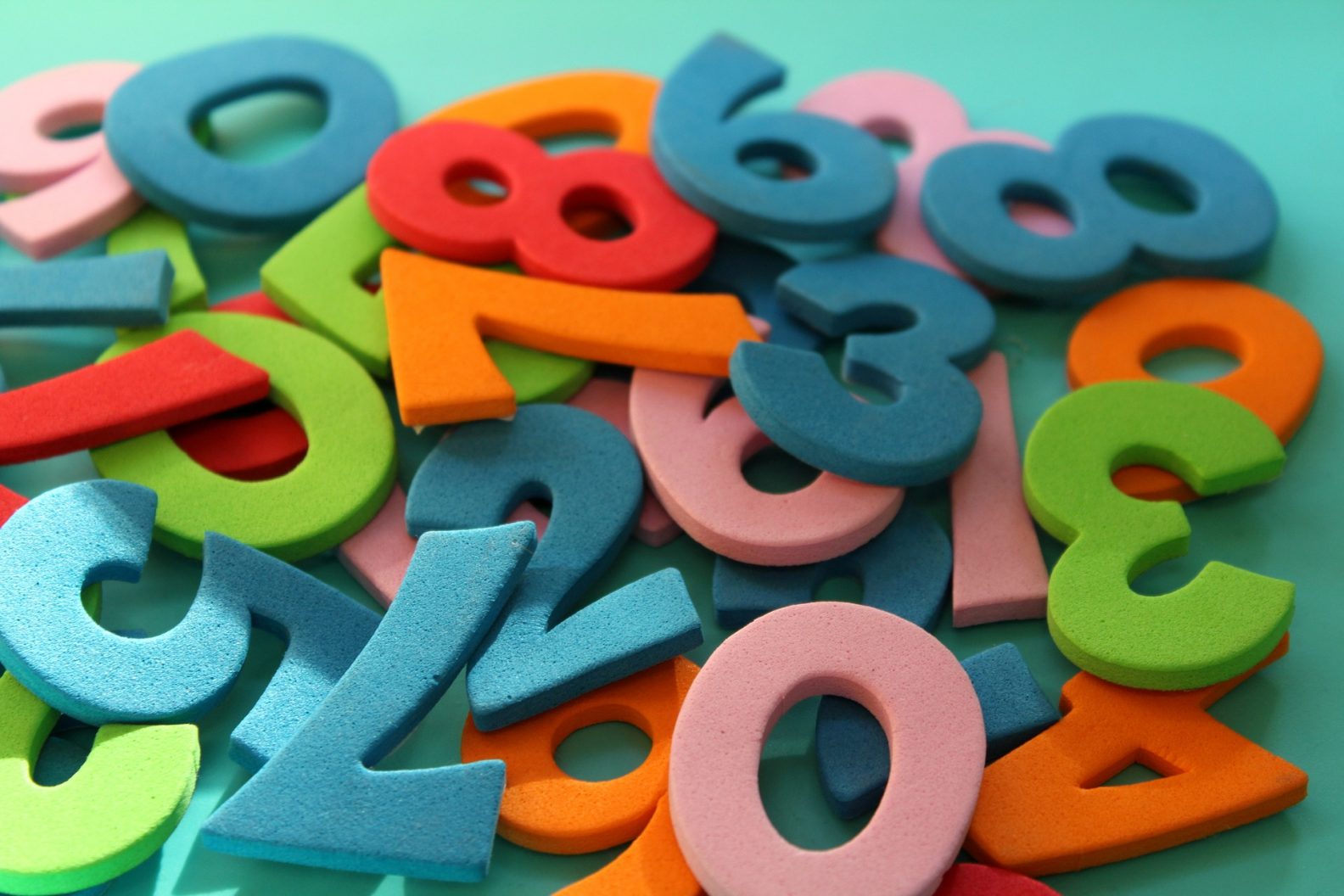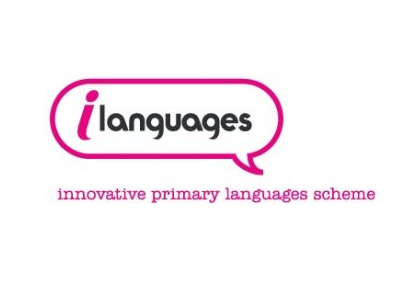Once the children have become familiar with the original non-fiction model text, they are ready to move into the second phase, which involves using the original as a basis for creating something new – writing their own version. Pie Corbett outlines the approach in these notes. IMAGE: John Campbell [CC0], via Wikimedia Commons
Independent writers
The aim of Talk for Writing is to grow independent writers. Here are some suggestions from Pie Corbett as to how this can be achieved in relation to narrative and non-fiction. He then looks at how such independence can be prepared for through the innovation stage of the Talk for Writing process.
The Tree Giant
‘The Tree Giant’ is a one-page story written by Pie Corbett to demonstrate an example of a ‘recount’ or ‘information report’. This resource could be used as a starting point for non-fiction report writing when combined with the Talk for Writing approach.
Talk for Writing through ICT
This blog is from the Improving Reading and Writing Through ICT conference. Here you can watch Pie model shared writing and provide an online writing tutorial for pupils in Bolton.
Teaching languages through iLanguages and Talk for Writing
Louise St John explains how Victoria Road Primary School is using iLanguages and its links to the Talk for Writing approach to enhance the children’s ability to communicate in French and Spanish.
Teaching science at Selby using Talk for Writing
Tom Wrigglesworth, Year 6 teacher at Selby Community Primary School, explains how the Talk for Writing approach can enhance learning in science and develop vocabulary across the curriculum.
St Matthew’s CE Primary School, Birmingham
Having been awarded an MBE for Services to Education, Headteacher Paulette Osborne reflects on how Talk for Writing helped transform St Matthew’s CE Primary School, Nechells, Birmingham from a disaster into a shining example.
Talk for Writing in primary maths classrooms
A case study by Mari Palmer of St. Heddas RC Primary School, Esk Valley Alliance, about using TfW to address the ‘Year Three Dip’ in primary maths. “We decided we would focus on the four main calculations and how children could use memory hooks to remember their chosen calculation methods”.
What is iLanguages?
iLanguages is a new scheme of work based which is ideal for non linguists. It employs a Talk for Writing approach with active and collaborative learning.
Talk for Writing in languages in primary and secondary schools
The Talk for Writing method lends itself well to foreign language learning. This is what teachers Juliet Park and Wendy Adeniji have implemented in their new primary languages scheme which uses stories, songs and games; the strong phonics focus builds children’s confidence through highly interactive language learning.




